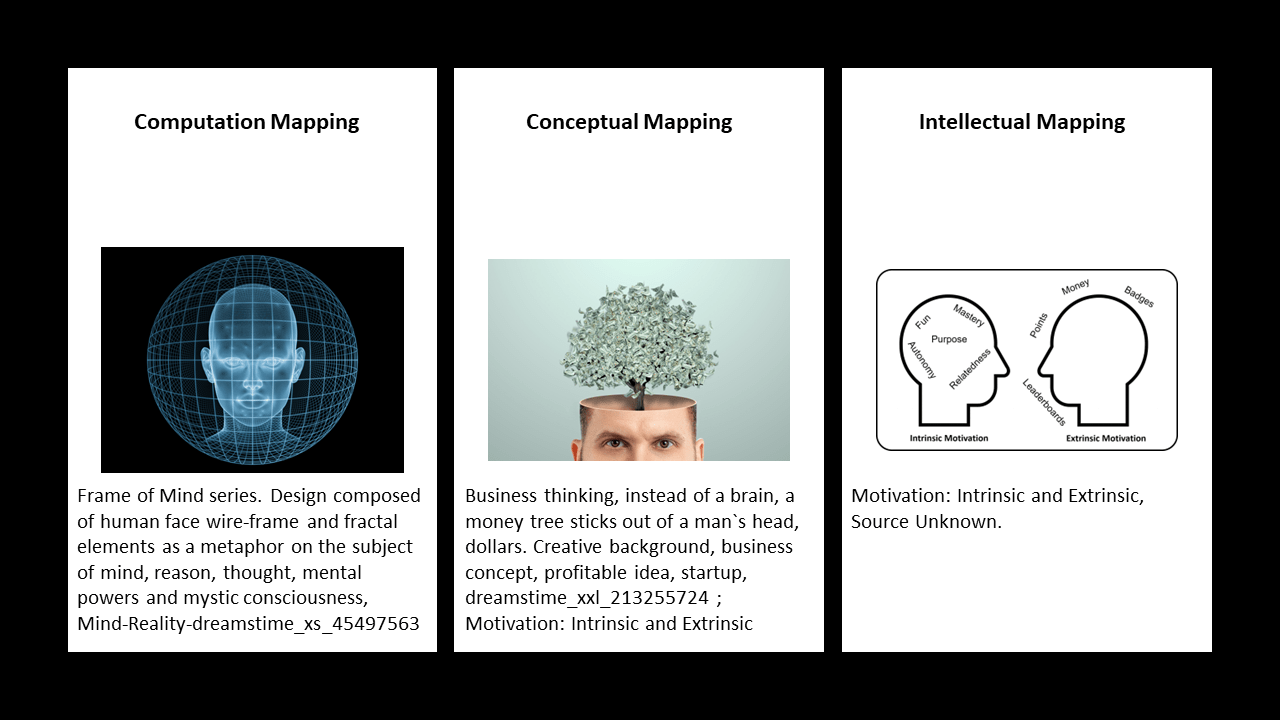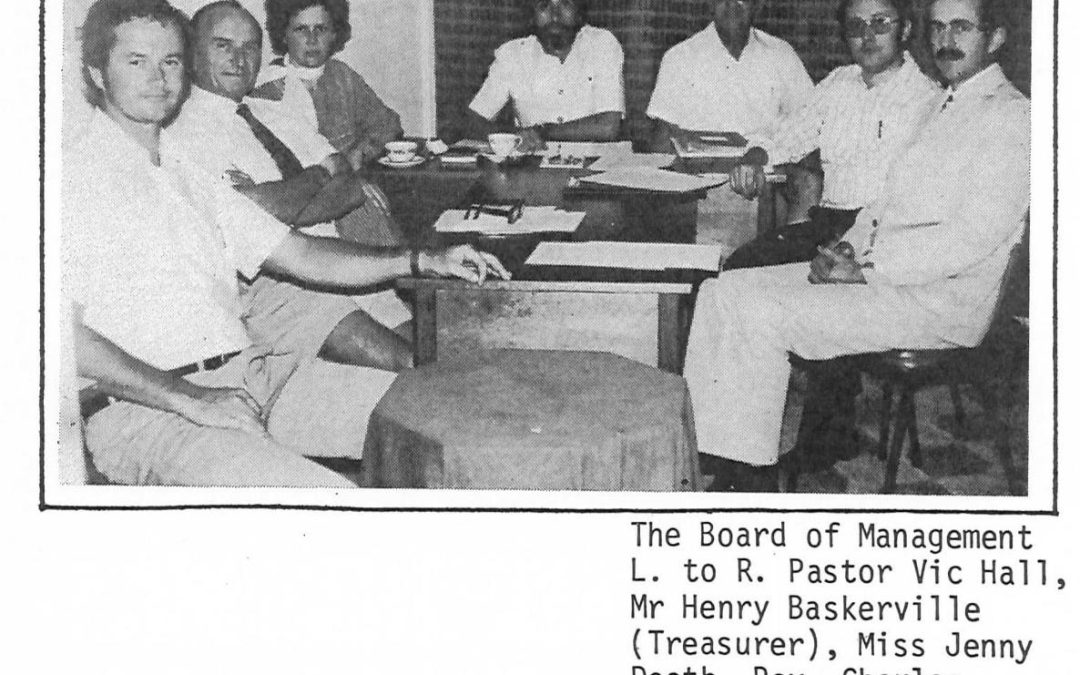
by Neville Buch | Nov 4, 2022
Spirituality and Queensland Society
The problem with an especially uneducated reader who is unfamiliar with these terms of the humanities and the social sciences, is that they think the author is saying something false because of the constructivist view of history (the historiography). So, let’s put all our “cards on the table.” What is not constructed in thought? Nothing can only be the true answer. Theology is constructed, and faith without theology can speak not a single word. To bastardise Wittgenstein, “if you cannot express your mysteries into communicable words than you are not in the game of telling the story.” That might seem unkind, but we have been living in a modern world where nonsense has greatly increased, and the power of education has eroded. Jesus wants to save us all from fundamentalist belief (of any type). Such dogmatic belief is the antithesis of faith. It is hoped that the essays have been pushing the level of reading common for most, somewhat further – a rethink at an undergraduate level for most students in the humanities and social sciences. This is particularly important for Queensland readers of the Queensland story, for populist gossips would have it that we are all bunch of ‘dumb-asses’ who no love of serious literature.
Gossip, memes, reference to mere memory, do not come close to capturing the spirit of what needs to be said.
Spirituality cannot be captivity or expressed in dogma, indeed, the Holy Spirit does not reside in any dogmatism. Fundamentalism has eroded at Christian education, and, unfortunately, that included education in and around Teen Challenge Inc., albeit against the best efforts of the educators. The next essay will explore Teen Challenge’s education in and of spirituality.
That spirituality began in 1972 with the common touch, with Charles & Rita’s North Queensland Tour (Cairns, Karanda). Mixing it up with a wide range of personalities, landscapes, and lifestyles. However, it does not finish with the common touch. It always finishes with an extraordinary touch of Jesus Christ, the touch in which the institutional Church resists.
Social Justice
What makes the spiritual touch of Jesus Christ extraordinary is the understanding of social justice. In the late 1980s Teen Challenge Social Workers, led by Ian Goodson, working in the Teen Challenge Inc. Head Office, this time at 41 MacGregor Terrace, Bardon (QLD 4065), are envisioning the social ethos of the previous years in Teen Challenge.
By 1991 Charles is the part-time senior research assistant in the Department of Social Work and Social Policy, The University of Queensland. Charles Ringma developed a history of Australian Disability Policy and Legislation and a history of the Development of non-Government Disability Services in Australia. It involved evaluation and write-up of a New Disability Services Program for physically disabled persons (Catholic Social Welfare), as well as an analysis and write-up of a Consumer Study on Services for the Disabled in Queensland, and an evaluation of a new independent living service for intellectually disabled consumers (Community Living Program).
The equivalent large study of the ‘Alcohol and Other Drugs’ (AOD) area and Teen Challenge still waits investigation. The challenge is often that the social history has to be completed first.
Civil Disobedience, and State Corruption
From the essays we see that social justice of Teen Challenge was bigger than the AOD area. It involved civil disobedience and challenges to state corruption was at the fore. John Robertson, as the solicitor contracted by Teen Challenge Inc., did what could be done within the existing laws to protect clients.
However, in 1977, it required more, and Charles Ringma, among a minority in the Church leadership, participated in the Right-to-March Street March, and was subjected to controversy in the midst of Police Violence and the National Party’s anti-democratic strategies. Charles Ringma and Noel Preston, as reported in the Courier Mail, from the Press Conference (25 October), among 16 Church leaders on the Right to March as a democratic right.
Religious Politics of Christian New Left
Contrary to the unthinking and conventional pew-seaters, politics is inescapable to being a Christian, in a world devoid of the compassion and kindness of Jesus. What is worse for conventional thinking is that ideological framing comes into play. The essays have been sketches with regard to the global response of the Christian New Left to the brutal ‘neo-con’ (neo-conservatism) masquerading as Christian realism. The Neo-Orthodox Niebuhrs most likely did not intend the type of the cultural centeredness expressed in the writings of William F. Buckley, but American realism of the mid-century grew into something very ugly: – the cultural legitimisation for wars, climaxing in the American staging among the Vietnamese civil wars. Much of the evangelical left or left-of-centre in the 1970s were overshadowed by the neo-con backlash of the 1980s with the ideas that wars of liberation could never be a mistake, and countries of western European heritage were Christian nations which had to be defended to the last man (gender specific).
Organisational Issues of National Profiling and Media, and Resourcing
National Profiling
The point has already been made in the last essay, that Australian organisations do not do federation well. State revelries tend to make organisations inward looking to local and regional concerns, disconnected to the national and global perspectives. Too little is understood of operations in New South Wales, Victoria, and South Australia.
Media from What it Was
The previous essay began a consideration of Teen Challenge media. In the early days it was possible for mass communications in personable presence. In 1972 John Healey gave an ‘Occult Talk’ in front of 1,000 students at Kelvin Grove High School, Victoria Park Road, Kelvin Grove, (QLD 4059).
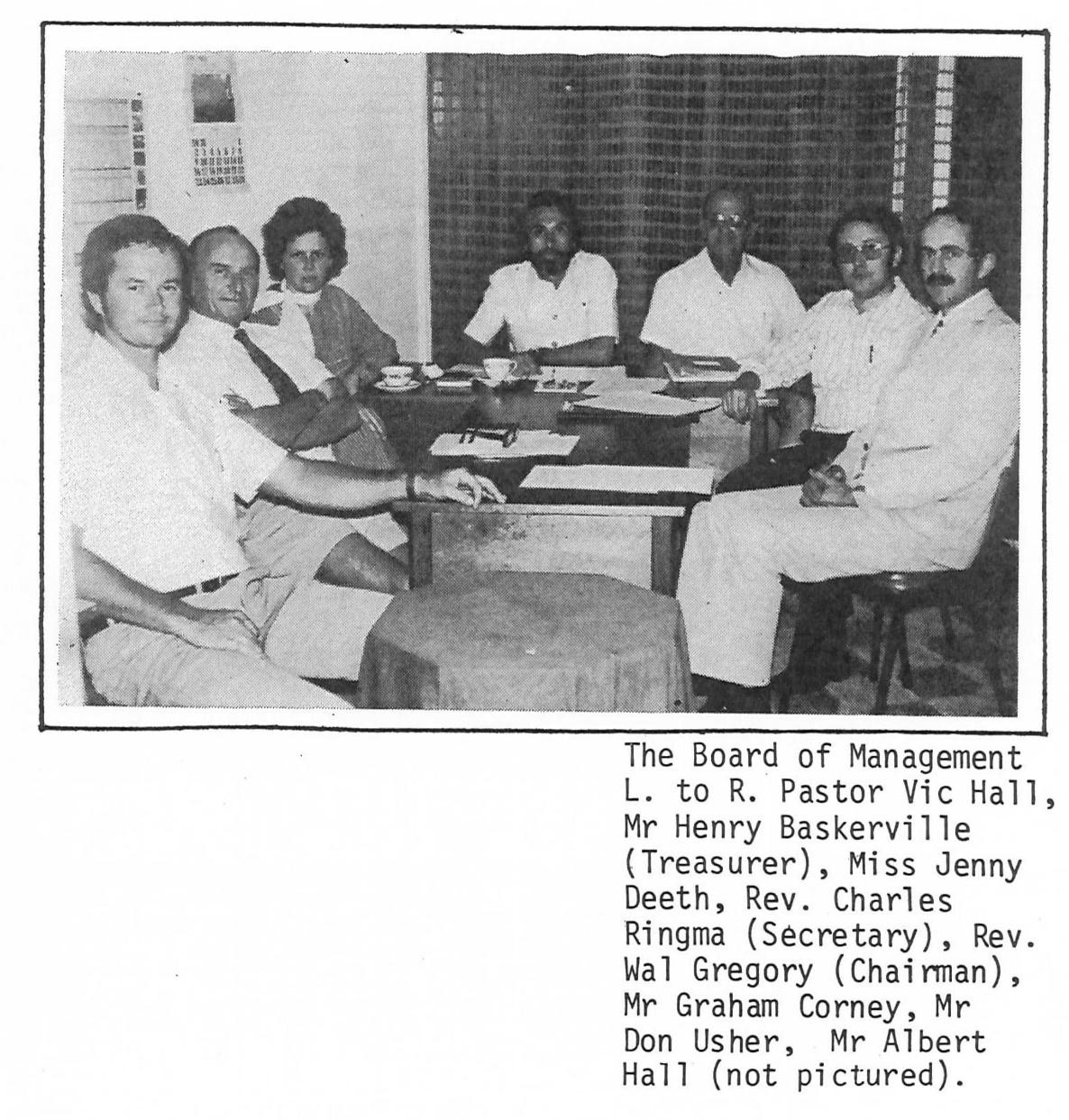
Figure 1. One of the Teen Challenge Board of Management, circa 1977. Source: Teen Challenge Inc. (Qld)
The heyday for Teen Challenge media was to establish a permanent and long-running Teen Challenge Times (G.P.O. Box 2086, Brisbane QLD 4001). Chris Adams was the Editor. The Contributing Editors were Ian Thomson, Geoff Dean, Eddie Blaiklock, Denis Smith, and Bob Adsett who also responsible for the layout and design. During these years Chris Adams was holding broadcast sessions as the 4BC Sunday Night Radio Program.
Formal Openings, Dedications, and Launches
By the last 1980s periodicals and radio broadcasts were thinning out. Formal openings, dedications, and launches during the decade helped to keep promotion of Teen Challenge going. For example, the opening of the Lady Musgrave Home for Girls (14 November 1987), 31 Simpsons Road, Bardon (QLD 4065). In two weeks after that event Joh Bjelke-Petersen would reign as Premier and head of the Nationalists. There is no casual connection but an indication of the risk of any political association in such promotion. In these later years of the collapse of the Nationalist vote, was a false perception that Teen Challenge Inc. and other evangelical-orientated organisations were allies of the failing Nationalist government. The Queensland Minister for Welfare and Family Service, Yvonne Chapman, opened the Lady Musgrave Home for Girls. Her policies were not popular with the social work profession, including Teen Challenge Inc. The policies were the last reactionary gasp of conservative government which still believed in the rigid moralistic framework of the century previous.
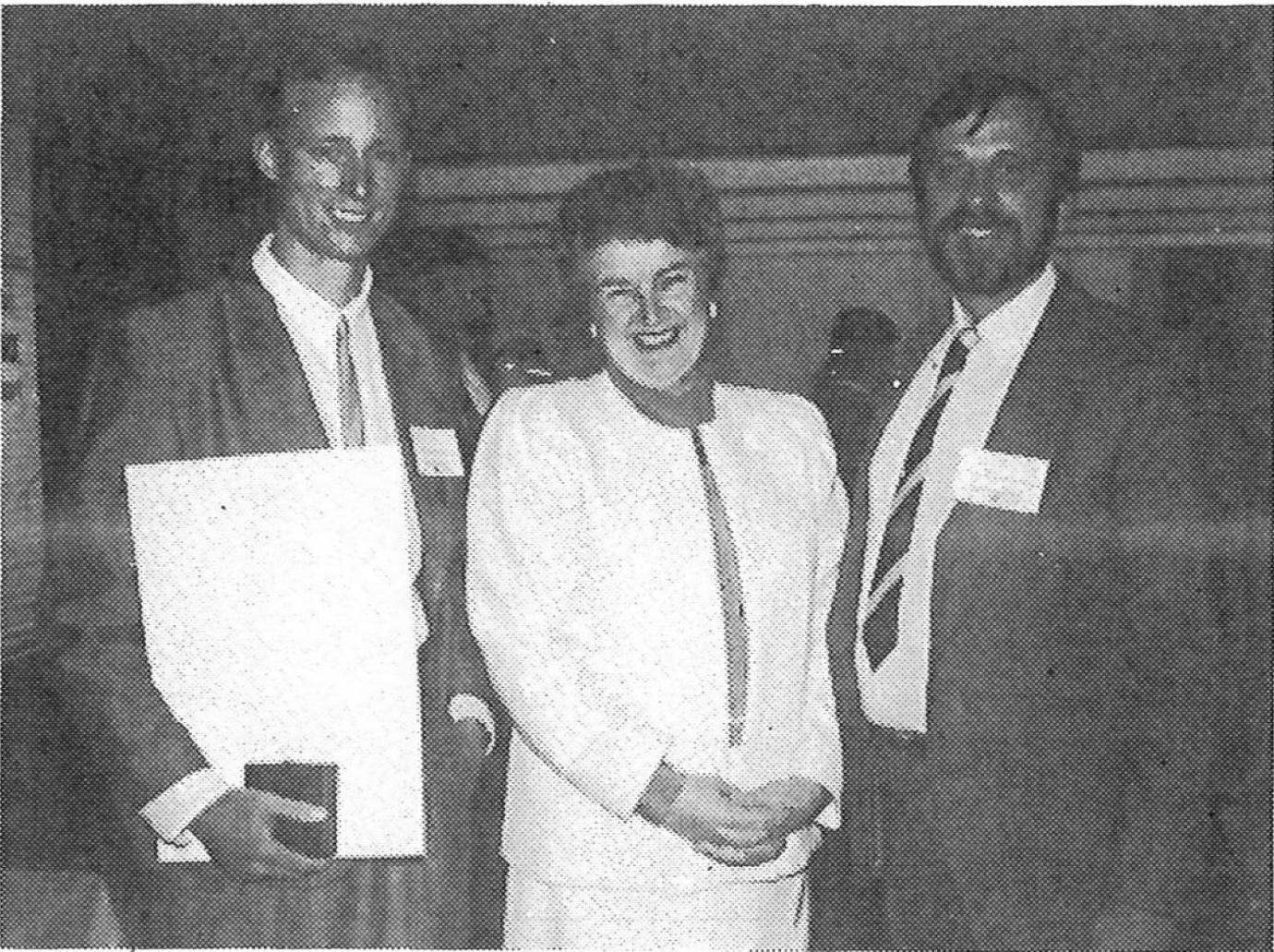
Figure 2. Queensland Award for Youth Achievement, presented by Yvonne Chapman MP, with Alex and Claude, 1987. Source: Teen Challenge Inc. (Qld)
Such policies contrasted with the 1991 book of Jeanette Grant-Thomson, Jodie’s Story: The Life of Jodie Cadman. It was a history from below of a Teen Challenge convert.
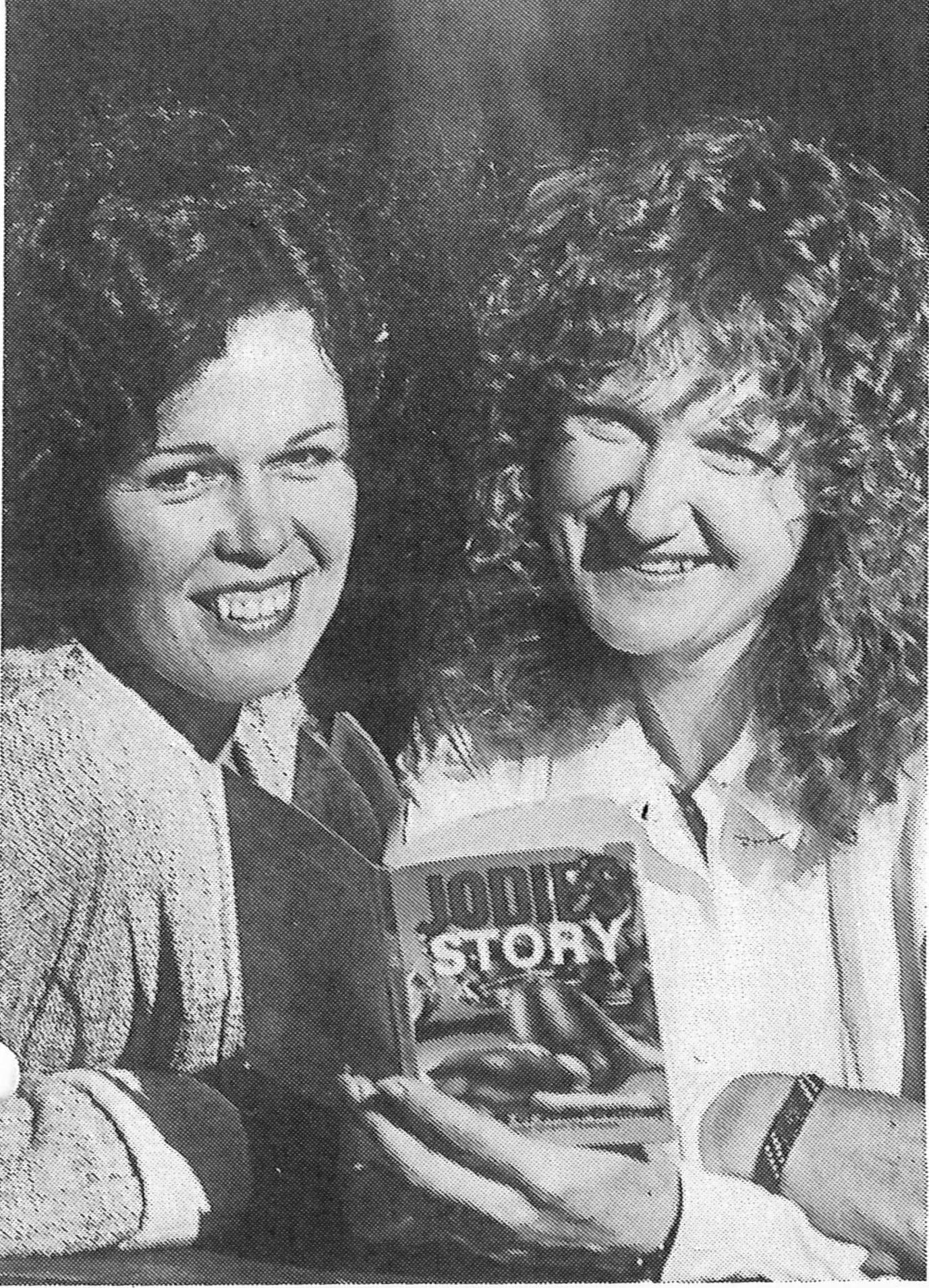
Figure 3. The Launch of Jodie’s Story, Jeanette Grant-Thompson and Jodie, 1991. Source: Teen Challenge Inc. (Qld)
Corporate and Public Fundraising.
In the 1980s and 1990s a pathway was forged in Teen Challenge’s Corporate and Public Fundraising.
Its beginning appears to be the Teen Challenge Cyclathon, on 19 November 1983, at the Hawthorne Park Velodrome, Hawthorne QLD 4171. Around the same time, the local Channel Seven celebrity, Mike Higgins, was appointed the Patron of Teen Challenge Inc. The exercise of having a high-profile patron did not outlast the decade. There were other major fundraising events as the cycling events in different circuits became an annual happening. There was also the Peters Billa Bong Fun Run. In 1992 Jim Coward became the Director, Public Relations and Fund Raising, working at the Teen Challenge Inc. Head Office, 400 Wickham Street, Fortitude Valley (QLD 4006).
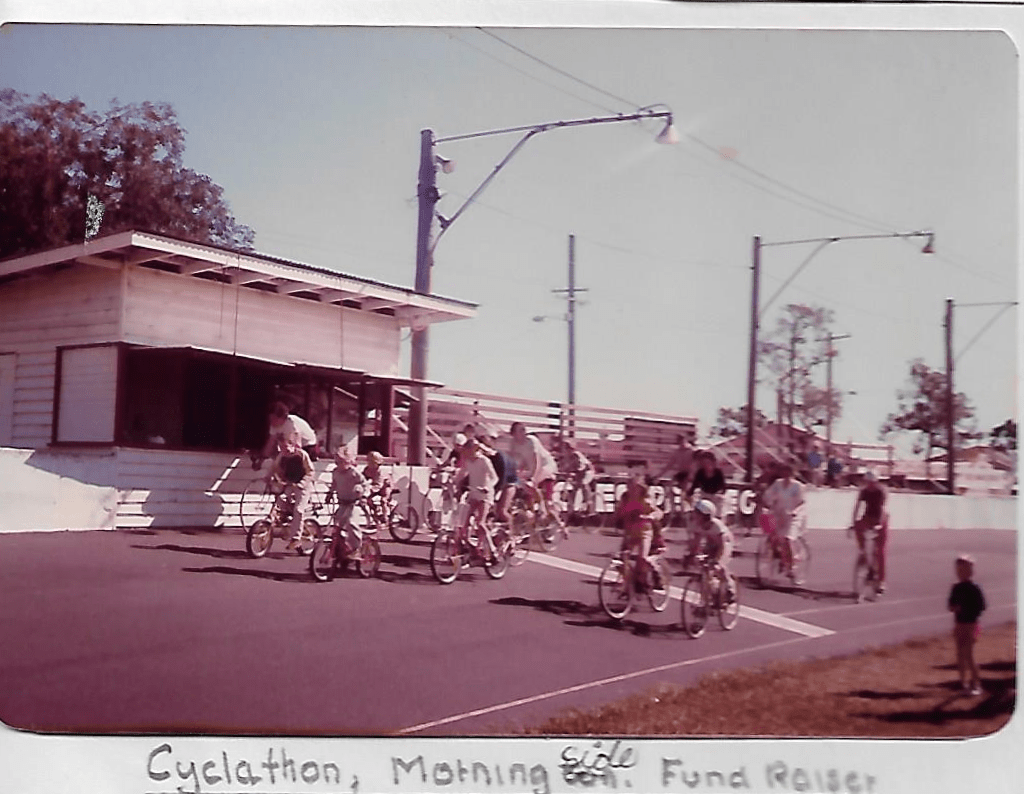
Figure 4 The First Teen Challenge Cyclathon. Source: Teen Challenge Inc. (Qld)
Respite: Spirituality
The concept of respite was always important in Teen Challenge Inc., and the theme was introduced in the previous essay. Here the theme is developed.
Teen Challenge Bookshop
Popular texts on spirituality were purchased from the Teen Challenge bookshop in Newmarket, and it happened in the days of the first wave of Christian retail shops in Brisbane. Book reading for many Christians is a form of respite, rather than a study. It is a time for quiet reflection and inspiration.
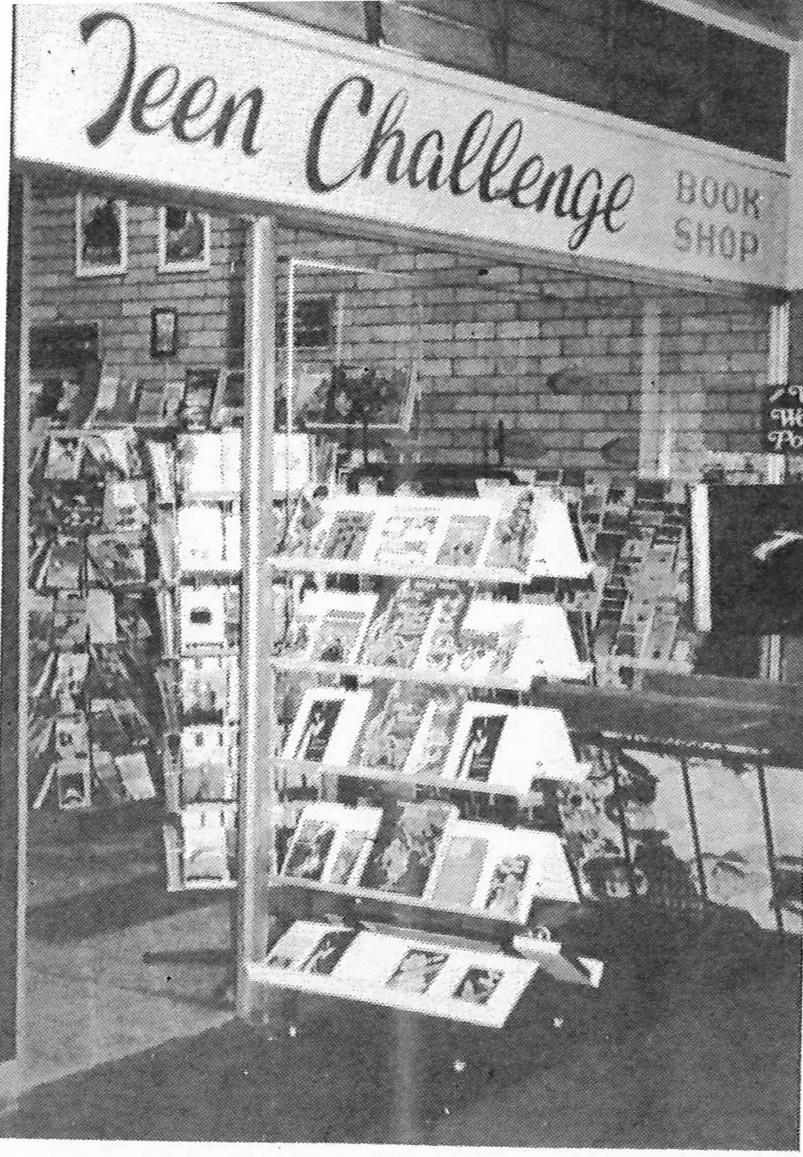
Figure 5. Teen Challenge Bookshop, Newmarket, circa 1978. Source: Teen Challenge Inc. (Qld)
Farms and Camps outside of the Urban Setting
The formal part of respite in Teen Challenge was the farm in Laidley (QLD 4341) with Steve Jeanerret as the Farm Manager, and the farm at Palen Creek, (QLD 4287; referred to as the (Rathdowney farm in the records?) with Farm Managers Hilkka and Perry McKenzie.
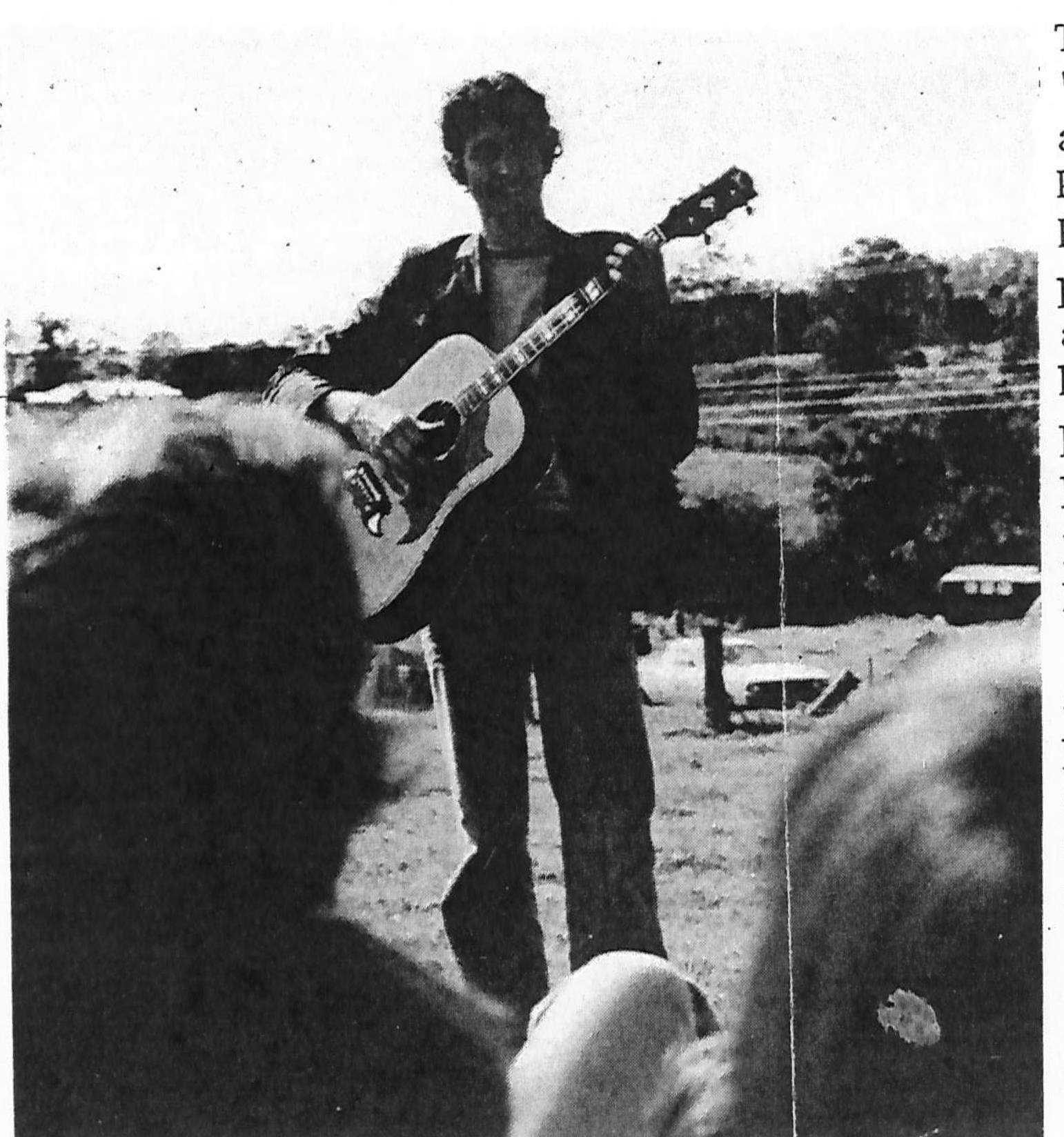
Figure 6. A Teen Challenge Farm Camp Out with Peter Wilson, circa 1978. Source: Teen Challenge Inc. (Qld)
Craft and Pottery Studio
Led by Rita Ringma, Teen Challenge artists practice spiritual respite. Her Craft and Pottery Studio was a centre of calm creativity.
Spiritual Healing and Spiritual Retreat
Camps were annual time for respite for the whole organisation. Memories would differ as to Teen Challenge camps as special time for respite and spiritual renewal. Among the records attention was drawn to:
- Teen Challenge Staff Volunteer and Family Camp (4-6 December 1987), Kenilworth Homestead, Kenilworth (QLD 4574) with guest speaker, Noel Gibson;
- 1982 Teen Challenge and Jubilee Fellowship Camp, with speaker Greg Passmore, Neranwood Conference Centre, with guest speaker, Greg Passmore;
- Teen Challenge Camp (28-30 May 1982), Burleigh Heads Convention Centre, Burleigh Heads (QLD 4220); and
- Teen Challenge Training Camp (21-23 November 1986), Kenilworth Homestead, Kenilworth (QLD 4574), with guest speaker, Gordon Broussard.
Retreats have a double-edge spirituality. There is the respite from ordinary pressures and the humdrum, but the return from the ‘mountain top’ experience can be painful. The experience reflects the gap in a too simplistic binary of the sacred and the profane.
Education in the ‘Institute in Basic Youth Conflicts’ Public Seminars, and the Teen Challenge Training Institute
The other hand to spirituality is education. What good is spirituality if the person is not learning?
Drug Prevention Program (Schools and Churches)
The longer educative program in Teen Challenge Inc. is the drug prevention programs at schools and churches. Most of these records have been lost and so it is certain as to the regularity of the program.
Teen Challenge Training Institute
The later and larger, formal program was the Teen Challenge Training Institute. There is no definitive record of the graduates, but from other records we have these 1981 names of graduates:
- Sue Ball.
- Roger Clarke.
- Neil Earl.
- Sandra Eyles.
- Warren Hodgson.
- Tracey Pryor.
- Wayne Talbot.
- Robin Turner.
The staff of the TCTI shifted their work among the roles of Director and Senior Resource Officer – Brendan Scarce; Deans – Neil Paulsen; Training Coordinator – Craig Furneaux; School Administrator – Debbie Peters; and Trainers, Mike Power and Pym Kuipers. There was also Ian Goodson as Course Director, Careline, and Charles Ringma as a clinical teacher. The course was made up several seminars, some which were stand-alone and open to the public with priority for course students. Among those seminars recorded were:
- Gympie Youth Workers Training Seminar (26-27 August 1988), Gympie;
- Teen Challenge Training Institute Winter School (23 June-3 July 1992);
- Teen Challenge Training Institute Summer School (30 November-11 December 1992)
- Teen Challenge Training Institute Seminar (21-22 February 1992);
- Teen Challenge Training Institute Seminar (4 April 1992);
- Teen Challenge Training Institute Seminar (2 May 1992);
- Teen Challenge Training Institute Seminar (13 June 1992); and
- Teen Challenge Training Institute Seminar (7-8 August 1992).
The TCTI seminar organiser was Kevin Ryan. Among the stand-alone public seminars were:
- Teen Challenge Seminar on Homosexuality (15 May 1982), Bardon Professional Centre, Bardon (QLD 4065) with speakers, Charles Ringma, Peter Lane, Mary Santillon, and Ted Watson;
- Sexuality and Today’s Christian Seminar (30 October 1982), with speakers, Peter Lane, Pat Noller, Ted Watson, and Charles Ringma;
- Outreach to Troubled Youth Seminar, Bardon Professional Development Centre (22-23 July 1983), organised by Claude Boulenaz;
- 4th World Seminar (10 May 1986), Christian Community Church, 1148 Gold Coast Highway, Palm Beach (QLD 4221), organised by Colin Foote;
- 4th World Seminar (12 July 1986), Brisbane City Mission, Cnr Warner & Ann Street, Fortitude Valley (QLD 4006), organised by Claude Boulenaz;
- 4th World Seminar (8 August 1987), Glad Tidings Tabernacle, Barry Parade, Fortitude Valley (QLD 4006), organised by Claude Boulenaz and with keynote address by Charles Ringma;
- Crying on the Inside Seminar (8 July 1991), Queensland Development Centre, 59 Costin Street, Fortitude Valley (QLD 4006) with speakers, Raymond Brock Chris Cantor, and Pierre Baume; and
- Teen Challenge Parenting Seminar (19 August 1993), Sheraton Hotel, Turbot Street, Brisbane (QLD 4001), coordinated by Alec Spencer, and hosted by Wayne Alcorn, National Director Youth Alive, with speakers, Margaret Bunker, Mike London, Rama Spencer, Denis O’Brien, Paul Squassoni, Claude Boulenaz, and Bob Engwicht.
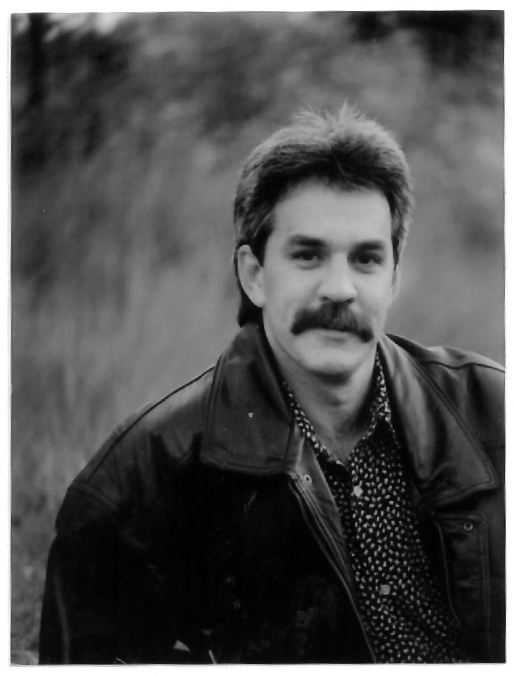
Figure 7. AOG Pastor and Teen Challenge Worker, Wayne Alcorn. Source: Teen Challenge Inc. (Qld)
The book will explore the pedagogies of these educative events, where there will be an uncomfortable discussion between the ideology and the critical thinking scholarship. Other similar events outside of Teen Challenge Inc. formal sphere were also happening. When Peter Lane left the work of Teen Challenge Inc. behind, he developed his own Liberty Ministry, not formally recognised by Teen Challenge, and become the Director of Exodus South Pacific. Lane was involved in the organisation of the National Conference of Christian Ministries to the Homosexual (26-27 October 1990), Brisbane Life Centre, Munro Street, Auchenflower (QLD 4066).
Concluding Remarks
Queensland Pedagogies (and research).
In contrast to the hypo-conservative reactionary thinking, Brisbane and Queensland were experiencing a Christian scholarly renaissance, with several different writers, but formidably with two of the earliest evangelical street workers, Charles Ringma and Dave Andrews. Charles Ringma was named a joint winner of the 1995 Australian Christian Book of the Year Award presented by the Australian Christian Literature society for the book, Catch the Wind. In the last three decades, Ringma and Andrews have been the country’s prolific producers of paperbacks on Christian faith, social justice, and flourishing, institutionally-unbounded, spirituality.
Christians can often have funny ideas about spirituality, which do not accord with the critical thinking reading of scripture, tradition, and insight from knowledge depositories. The flawed view is prejudicial, believing that the spirit or the sacred has nothing do with secularity which too easily described as vulgar. The history of Teen Challenge Inc. has shown differently.
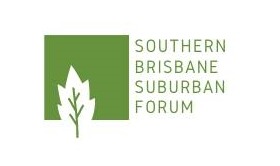
by Neville Buch | Nov 11, 2023

OPEN HANDS OF WELCOME
2023 ANNUAL GENERAL MEETING
AGENDA
Sunday 19 November 1-3 p.m.
Ray Lynch Park
Holland Park QLD 4121
(as of 11 November 2023, noon)
1.0 Welcome
The Southern Brisbane Suburban Forum (SBSF) acknowledges indigenous elders past and present and that first nations sovereignty was never ceded.
All are welcome. Be aware that the Forum is made up of persons with very different suburban agendas, but we all seek to have a suburban life which is sustainable in all civil agendas.
The role of the Southern Brisbane Suburban Forum Inc., which has been operated, for the last few years, as a local group of engineers, government bureaucrats, community development workers, and a sociological-philosophic historian as the current President, has been to be frank and open with the community on the suburban issues we all face together. The State and Council are not honest, many times, in their PR glossy pronouncements and official statements; some would disbelieve absolutely. Nevertheless, the Forum is made up of members from all communities which make up the Southern Brisbane suburbs, but many of those active members are experts across the many fields of the “urban”. This knowledge is millennia old and it cojoins the millennia-to-prehistory-old, indigenous, knowledge which first nations persons kindly share.
We will not be divided by the State’s divide and rule tactics. The Forum believes in and practice
JUST PEACE.
Be Kind to Everyone.
All are welcome to the BBQ and AGM Agenda
2.0 BBQ lunch/snacks with membership opportunity
Vegan and meat sausages, with or without onions, are available with a variety of breads including gluten-free and yeast-free. The BBQ chefs will endeavour not to get foods mixed up. Bring your own drinks.

Membership Forms are available and at the AGM there will be no membership fee. Please join the Forum.

3.0 AGM:
– President Presentation and election/re-election of executive and general committee members.
3.1 Short Reports from President, Secretary, and Acting Treasurer
The oral reports from officials for the 2022-2023 period will not be any more than five minutes each; shorter if possible. Fuller written reports will be available. If you wish a digital copy, email: [email protected] or [email protected]
3.2 Adoption of Previous AGM Minutes
The previous AGM minutes of 2 June 2022 is available. If you wish a digital copy, email: [email protected] or [email protected]
3.3. Nomination for President (Mandatory)
Neville Buch was nominated to fill the role of President. Open to other nomination followed by a vote to appoint.
3.4 Nomination for Secretary (Mandatory)
David Swift was nominated to fill the role of Secretary. Open to other nomination followed by a vote to appoint. Max Hooper was the Secretary during the 2022-2023 period but step down from the role.
3.5 Nomination for Treasurer (Mandatory)
The position is currently vacant. We invite nominations. A process to open a bank account with the President and Secretary has began (item in general business)
3.6 Nomination for Assistant Secretary (Optional)
In the 2022-2023 period the position was held by David Swift until appointed Secretary to replace Max Hooper.
3.7 Nominations for other positions: SBSF Web Manager (Optional)
David Swift to speak on the item.
3.8 Nominations for other voluntary positions (Optional)
If you have something you wish to contribute to the Forum, speak up and we will work out a way to accommodate a role for you.
3.9 General Business
SBSF Bank Account (David Swift as acting Treasurer)
SEQCA 2023 Community Planning conference (Elizabeth Harrison)
Population and Urban Concentration Policy as an Agenda Item for 2024 (Simon Cole)
All are welcome to speak to General Business in civil and polite discourse. If you know that you have an item, please email: [email protected] or [email protected]
Advance notice only assists in ensuring you are included.
*****

The Forum recognises all communities on Southern Brisbane. A special recognition, however, is made of the local history organisations of the Brisbane Southern History Network.
Know your history
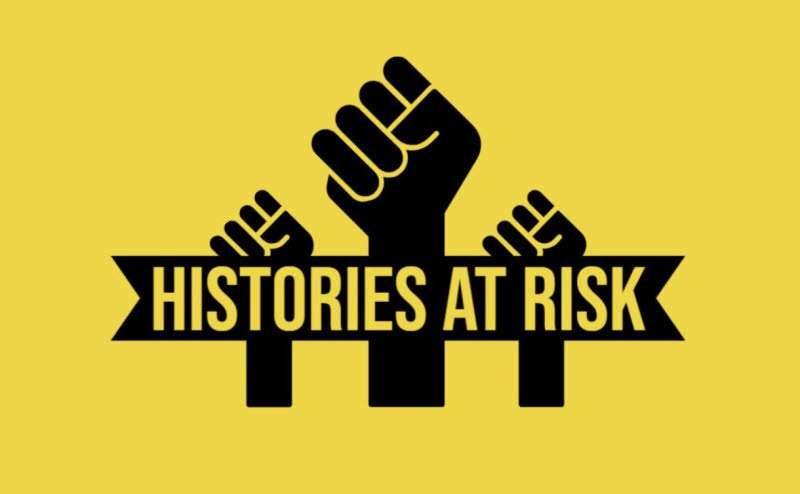
by Neville Buch | Mar 16, 2024
Dear friends,
I am appearing and presenting on
Buckley in Australia: Considering Local Social Discourses in
Sir Thomas Playford’s and Don Dunstan’s South Australia (1938-65; 1967-8, 1970-9),
Joseph Cahill’s and Sir Robert Askin’s New South Wales (1952-9; 1965-75),
Sir Henry Bolte’s and Sir Rupert Hamer’s Victoria (1955-72; 1972-81),
Sir Francis Nicklin’s and Sir Joh Bjelke-Petersen’s Queensland (1957-68; 1968-87),
Eric Reece’s and Sir Angus Bethune’s Tasmania (1958-69, 1972-5; 1969-72), and
Sir David Brand’s and Sir Charles Court’s Western Australia (1959–71; 1974-82).
at the online Conservative Public History workshop, 20 June, FREE.
Features sessions on public history and conservative thought in Brazil, UK, USA, Spain, Colombia, Poland, Australia and Nigeria.
My ten minute presentation (this is a global taster) goes to:
Buccola’s book (2019) on James Baldwin and William F. Buckley Jr., in the context of the American 1960s Race debates, had made it clear that Buckley is the archetypal intellectual backdrop to Trumpism, a right-wing populist reactionary movement. To understand Buckley in the context of the 1950s and 1960s, from the work of historians and sociologists of the time, particularly Hofstadter (1963) and Mills (1956), conservatism changed in global Americanisation, shifting from socially cautious Burkean conservatism to Buckley’s co-joining traditional ways of life to the State Rights narratives. Australia had the same Buckleyan state rights process from local, social discourses.
It is a late night (AEST) if you wish to go right through, but, I believe, it is worth it, since Australians (and my American friends) need the education on our historical era we are still living through.
Registration information is here: https://www.tickettailor.com/events/historiesatrisk/1194749#
Featured Image (hyperlinked):


by Neville Buch | Aug 15, 2024 | American-Australian Relational History, Concepts in Public History for Marketplace Dialogue, Important Public Statement
There are confused thinking on politics today in the United States and Australia. Recently, a critic wrote as an attack on my Australian sharing, of an American interview, of a noted American historian on Trumpism.
This social media person wrote:
Good to see that my Australian colleagues live in a ‘problem’ free society where they can pontificate – (in a non-religious manner:) endlessly about the affairs of the U.S.A. !!!
I read, in satirical style, a message that Australians should not commented on what is happening in the United States. I wrote back that the person had misread our intentions. United States is very much not isolated from our own affairs, since its modern nature of nationalism is a confusing mixture of thinking itself a world unique model of democracy, and yet an export of hermetic world power.
This is a thesis of even some the most **conservative** scholars in the United States. There is a recognition, among the educated classes, and in American and global thinking, that there are the liberal democratic and the hard right-wing republican models in competition.
From the widely-read literature of scholars, we can make several evidential points here:
- In 2024, in the United States, Conservatism and Republicanism means almost the oppose set of beliefs.
From Kidder’s 2016 study:
Through participant-observation and interviews, I explore the conservative social identity of College Republicans at a midsize, midtier public university in the United States. Using the concepts of repertoires and frames, I analyze how individuals make claims to political social identities. Specifically, I show that symbolic appeals to the free market were an essential aspect of the conservative repertoire at my field site. Furthermore, the shifting and contradictory frames used by the College Republicans in this study demonstrate that their discursive political practices were not primarily about policy preferences; they were about affirming a conservative social identity. Understanding how stated policy preferences and identity intertwine in political talk has important implications for American democracy. (177)
- The misunderstanding is deliberate strategy of American and other global forces of Neoliberalism and other far right thinking.
Gough (2020) explains this phenomena in terms of British Labour since 2015: “…the aims of the far right in Britain in relation to capital, and the campaigns of Labour on its economic and Brexit policies.” (1)
- There is a long 20th century history in promoting these falsehood on both nationalism and domestic political models.
This history is not exclusive to the United States. Van Dyke (2013) writes on the “… the relationship between the artist Ernst Bariach and the so-called conservative revolution” [in the early 20th century German], … “Of particular interest are Barlach’s friendship with Arthur Moeller van den Bruck, an antiacademic and antibourgeois writer who became a leading political thinker on the right, and an important essay on Bariach published in 1935 by the prominent “young conservative” art critic Paul Fechter…” (281). The key point van Dyke is making is that Bariach’s thinking was non-political and in many ways was naïve:
To characterize Barlach’s postwar politics as “moderately liberal, with conservative tendencies,” as Peter Paret has, thus seems apt. The sculptor’s letters, diaries, and essays, one can elaborate, are the products of an educated and thoughtful man who was repulsed by extremism and chaos, wished for both order and tolerance, and saw himself as a loyal subject of the nation, though he claimed to be unconcerned with the political affairs of state. They indicate his faith in legitimate authority – embodied, at different times, by the leaders of the DDP, Moses, and Hindenburg – and his conviction in the inviolability of Geist. (281)
Lafferty (2013) makes the connections of the British-American thinking through the mid-century work of Wyndham Lewis:
Wyndham Lewis’s 1937 polemical work, Count Your Dead: They Are Alive!, was written, I argue, as a contribution to the efforts of a distinct group of British and American “revolutionary conservatives” to reinvigorate political conservatism. Lewis saw himself and the group as striving to force mainstream conservatives to reexamine their principles in light of what Lewis portrayed as the “castor oil” being administered to European politics by fascism — castor oil being for Lewis a metaphor for political “truth.” My analysis highlights the crucial distinction in Lewis’s political thought between the conservative revolutionaries he admonished and the revolutionary conservatives he admired. (25)
The thinking carried through into American international policy after World War II, from both liberal global and American republican models. Mao (2012) wrote, from the United States:
During the 1940s, conservative leaders in the United States turned to the emerging Cold War in Asia both to condemn the moral bankruptcy of liberal globalism and to establish their own brand of anti-Communist internationalism. “Asia Firsters” such as Senators William F. Knowland, John W. Bricker, and Robert A. Taft evoked the specter of Yalta and Roosevelt’s betrayal of Nationalist China as a signature issue which extended far beyond the question of who “lost” China. Yalta served as a touchstone for the right’s ideological and political development during the Cold War. Focusing on U.S.-People’s Republic-Taiwan relations during the early and mid-1950s, this article traces how initial criticism of the 1945 agreements quickly evolved into practical legislative proposals that addressed executive overreach, legislative oversight, collective international peacekeeping, opposition to Beijing’s admission to the United Nations, and constitutional principles vis-à-vis active global interventionism. Although Asia Firsters failed to substantively change China policy, their approach was an inspiration for the most enduring American political movement of the postwar period. (132)
The added factor here is the emergence of a neutralising narrative which falsely spoke of “political consensus”. This was a transition from traditional conservativism to neo-conservative thinking (“New Right”). Although it had stronger American roots, it was not exclusively American. Toye (2013) speaks to the British context:
There has been much historical debate about whether or not there was a ‘political consensus’ in Britain in the postwar decades. However, surprisingly little attention has been paid to what politicians said about ‘consensus’ at the time and what this indicated about the nature of political argument. This article shows that ‘consensus’ and similar terms (such as ‘the middle way’) were in use from the 1940s, but it does not assume that consensus existed just because some contemporaries asserted that it did. Rather, it examines how differing interpretations of consensus were invoked in political debate in order to advance a range of partisan agendas. It further shows how right-wing Conservatives from the late 1960s sought both to attack the consensus rhetorically and to reach out (in Keith Joseph’s phrase) to ‘the common ground’ that New Right policies supposedly represented. It concludes that Thatcher, as Conservative leader and Prime Minister, did not abandon the structure of consensus rhetoric so much as repopulate it with exclusively ‘national’ terms. (3)
McClennen (2006) shows that the thinking is very much a part of the Americanisation to which Australians experience today, and that international warfare is the key understanding in revealing the differences between the liberal global model and the American post-2016 republican model. McClennen opens his article, on how international warfare has shaped American higher education, with this quote:
The war has unquestionably brought a new level of scrutiny to our politically correct campuses. Once the initial years of the campus culture war had passed, the public decided that campus leftism was either beyond the reach of anyone who hoped to do something about it, or irrelevant. The war changed that. (Stanley Kurtz 2002, n.p) (43)
*****
I know where I stand, and have since my thesis of 1995. The Americanism, as the state of affairs in the world, is narrow thinking, and so is the thesis of a neutral and non-political world. It is ‘the wool to pull over the eyes’ of a fool population by the neo-conservative forces, that is the old New Right of the 1980s and 1990s, and now Trumpism.
REFERENCES
Buch, Neville Douglas (1995). American influence on Protestantism in Queensland since 1945. PhD Thesis, School of History, Philosophy, Religion, and Classics, The University of Queensland.https://doi.org/10.14264/189291
https://espace.library.uq.edu.au/view/UQ:189291
Gough, J. (2020). Why the Labour Party Lost the British 2019 General Election: Social Democracy versus Neoliberalism and the Far Right. Class, Race and Corporate Power, 8(2). https://www.jstor.org/stable/48644421
Kidder, J. L. (2016). College Republicans and Conservative Social Identity. Sociological Perspectives, 59(1), 177–200. http://www.jstor.org/stable/26340173
Lafferty, D. (2013). Castor Oil for Conservatives: Wyndham Lewis’s Count Your Dead: They Are Alive! and “Bolsho-Tory” Politics. Journal of Modern Literature, 36(2), 25–43. https://doi.org/10.2979/jmodelite.36.2.25
Mao, J. (2012). The Specter of Yalta: Asia Firsters and the Development of Conservative Internationalism. The Journal of American-East Asian Relations, 19(2), 132–156. http://www.jstor.org/stable/23613338
McClennen, S. A. (2006). The Geopolitical War on U.S. Higher Education. College Literature, 33(4), 43–75. http://www.jstor.org/stable/25115386
Toye, R. (2013). From “Consensus” to “Common Ground”: The Rhetoric of the Postwar Settlement and its Collapse. Journal of Contemporary History, 48(1), 3–23. http://www.jstor.org/stable/23488334
van Dyke, J. (2013). Ernst Barlach and the Conservative Revolution. German Studies Review, 36(2), 281–305. http://www.jstor.org/stable/43555350
Featured Image: Puzzle with the national flag of United States of America and Australia on a world map background concept. ID 100604166 | American Australian Relations © Ruletkka | Dreamstime.com

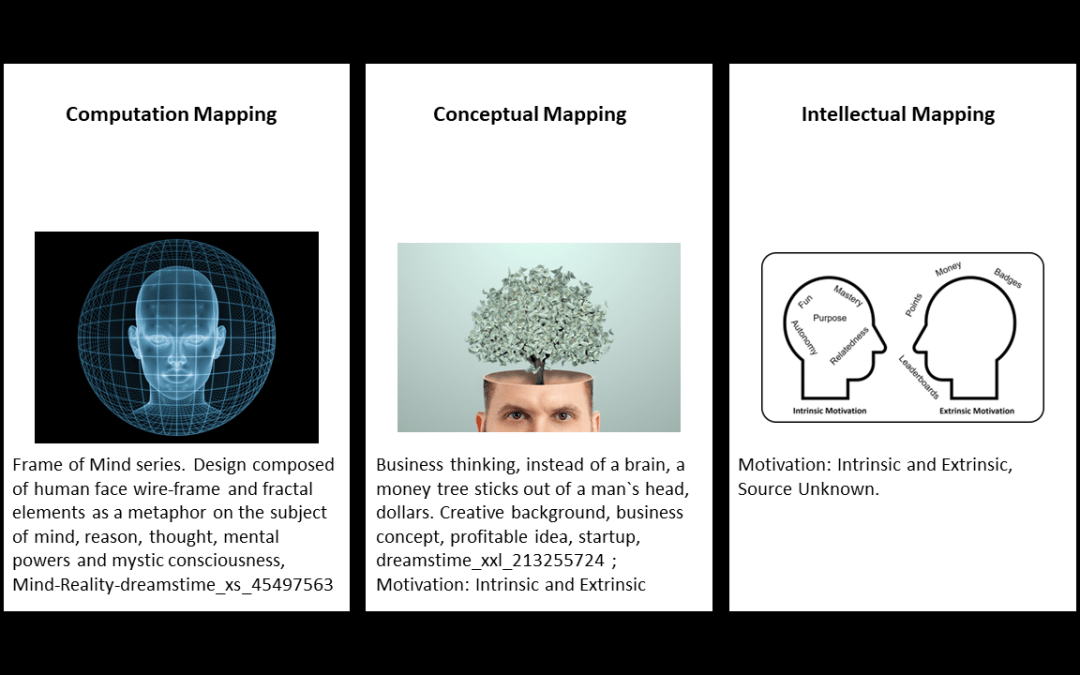
by Neville Buch | Nov 7, 2023 | Blog, Concepts in Educationalist Thought Series, The Importance Of History In Our Own Lives?
These seven points are important to understand in the debate between I.T. designers and the philosophers.
SEVEN IMPORTANT CORRECTIONS.
- Understand the opening statement is the conclusion in most debates. No need to go down rabbit holes.
- The general rhetorical statements on AGI, for its promise, is full of (logical) misnomers.
- When coders talk of “memory” it comes as a metaphor in their own human experience.
- Memory as a concept is clear, something of human experience and is not transferable to an action of coding in repeating lines of “past performance”; what, in the talk of algorithms, is stated as ‘memory’ but it is not in the fullest of semantics (understand the difference between meaning and reference, point 5.).
- The language we speak, outside of the algorithms, has semantics, which is the study of meaning; this is different to ‘reference’. For example, coding is reference work. It is not meaningful in the normative human language. This is what I.T. coders misunderstand when the problem of meaning is raised as a challenge. Cognition is the study of thinking, usually as the human brain-mind. That includes computation, the use of mathematics, in applied human situations, But cognition does much more than computation: more much more than what is the comprehensive view of cognition. It makes the qualitative difference; such that the human outlook cannot be matched in computation (AGI).
- Thus, following point 5., AGI is not “smarter” than the human. It is only that the outcomes comes faster, and where the intellectual quality cannot be easily legitimised. In most cases it will not be legitimate claims since the sources of the outcomes are hidden in the AGI.
- In mathematics , truth values are signs of calculations and formulation. Not so in the rest of “the world”. If in the world, you tend to see the world only as the mathematics, the talk of algorithms, you don’t understand the world. And thus, in the mathematics, it becomes a logical error, in overreaching the power of mathematics.
“REFERENCES” (The works also have meaning)
Brennan-Marquez, K., & Henderson, S. E. (2019). Artificial Intelligence And Role-Reversible Judgment, The Journal of Criminal Law and Criminology, 109(2), 137–164. https://www.jstor.org/stable/48572776
Brynjolfsson, E. (2022). The Turing Trap: The Promise & Peril of Human-Like Artificial Intelligence, Daedalus, 151(2), 272–287. https://www.jstor.org/stable/48662041
Johnson, J. S. (2020). Artificial Intelligence: A Threat to Strategic Stability. Strategic Studies, Quarterly, 14(1), 16–39. https://www.jstor.org/stable/26891882
Lea, G. R. (2020). Constructivism and its risks in artificial intelligence, Prometheus, 36(4), 322–346. https://www.jstor.org/stable/10.13169/prometheus.36.4.0322
Price, M., Walker, S., & Wiley, W. (2018). The Machine Beneath: Implications of Artificial Intelligence in Strategic Decision making, PRISM, 7(4), 92–105. https://www.jstor.org/stable/26542709
Sejnowski, T. J. (2020). The unreasonable effectiveness of deep learning in artificial intelligence, Proceedings of the National Academy of Sciences of the United States of America, 117(48), 30033–30038. https://www.jstor.org/stable/26971067
Tasioulas, J. (2022). Artificial Intelligence, Humanistic Ethics, Daedalus, 151(2), 232–243. https://www.jstor.org/stable/48662038
Walsh, K. R., Mahesh, S., & Trumbach, C. C. (2021). Autonomy in AI Systems: Rationalizing the Fears, The Journal of Technology Studies, 47(1), 38–47. https://www.jstor.org/stable/48657934
Featured Image: Combined Three-Way Images. Title: Cognition. A Study of Thinking.
